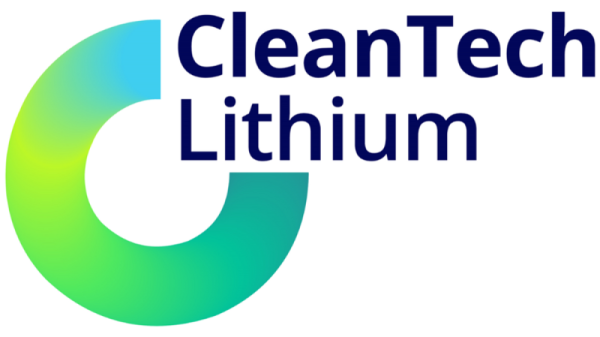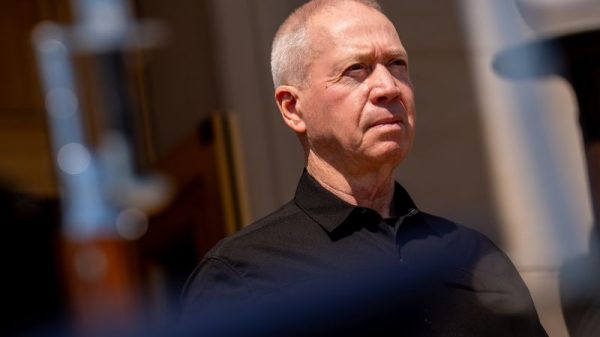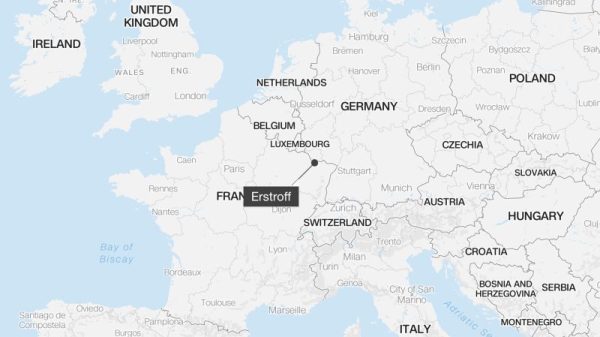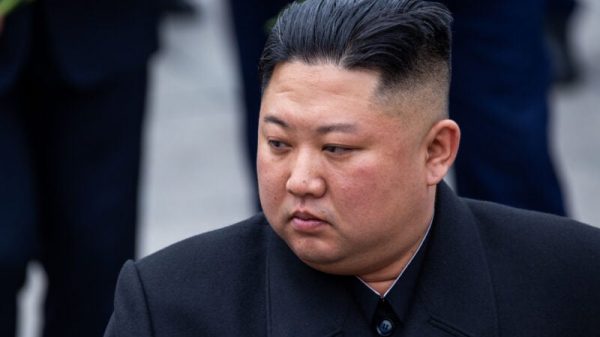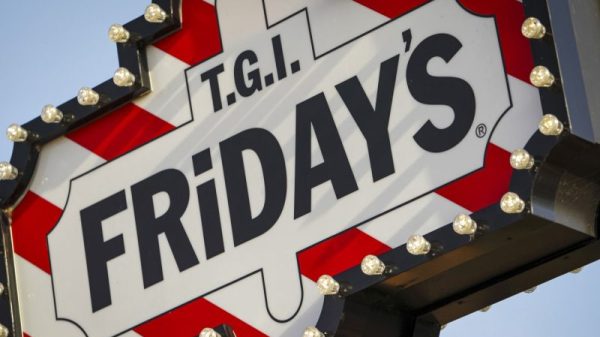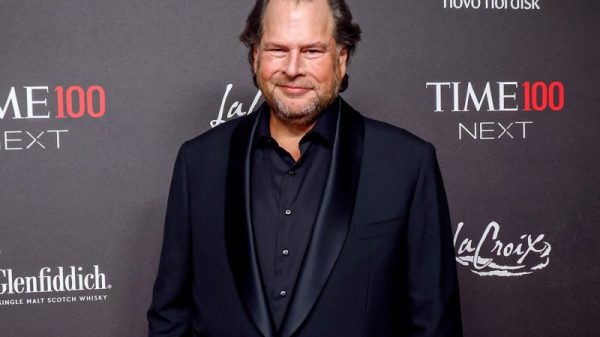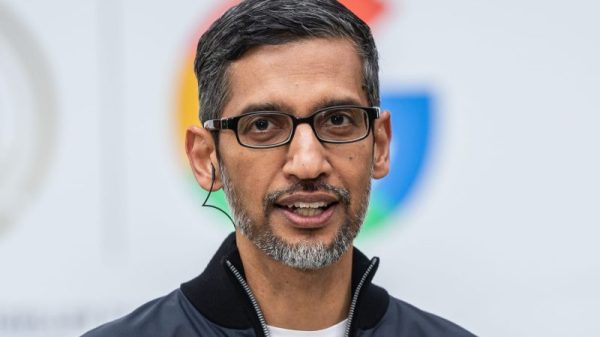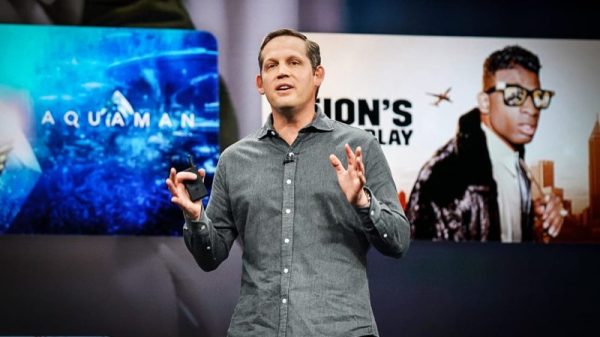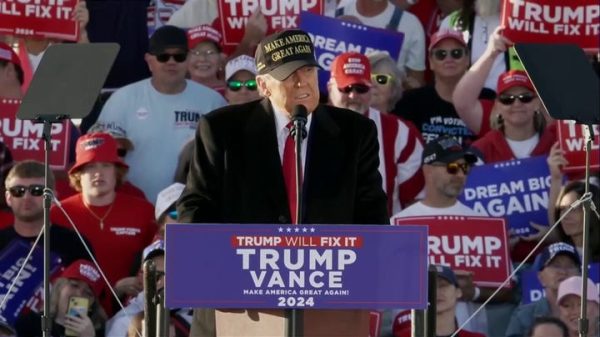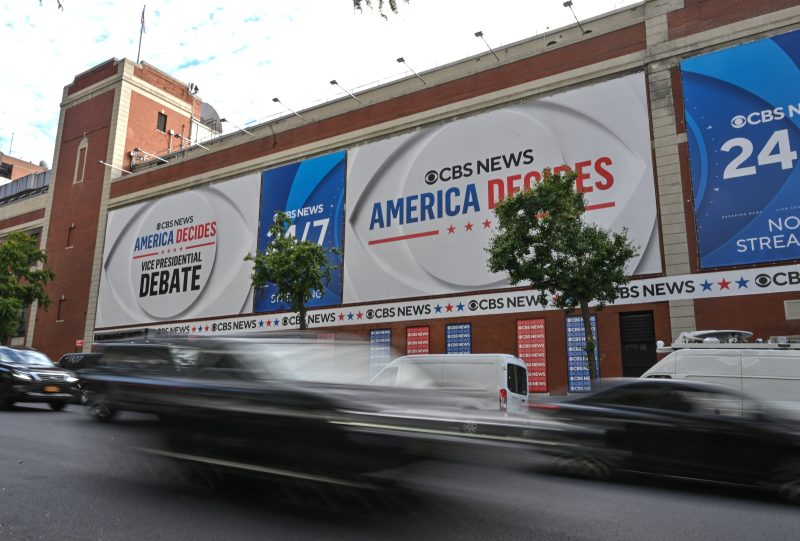Sen. JD Vance (R-Ohio) and Minnesota Gov. Tim Walz (D) will face off Tuesday night at a CBS News vice-presidential debate in New York. Virtually every poll suggests they go into it from very different political places.
Walz is modestly popular, and Vance is quite unpopular. That’s been the case for weeks.
But that’s not the full story. So here’s a deeper dive into what the fuller numbers show.
Enthusiasm isn’t there for Vance
The overall numbers show Walz in slightly positive territory (40 percent favorable to 36.5 percent unfavorable, according to the 538 average) and Vance in double-digits negative territory (35.8 percent favorable to 45.8 percent unfavorable). That’s a nearly 15-point gap in their net image ratings.
But it’s not just middle-of-the-road voters balking at him; it’s also a matter of Donald Trump’s supporters and Republicans being less enamored of their party’s running mate.
A recent Economist-YouGov poll showed 59 percent of Democrats viewed Walz “very favorably,” compared to 47 percent of Republicans for Vance. And a Yahoo News-YouGov poll earlier this month showed 60 percent of Democratic-leaning voters (including independents) liked Walz a lot, compared to just 36 percent of Republican-leaning voters for Vance.
Other polling also has also shown GOP-leaning voters are less convinced Vance is both qualified to be president and good for the ticket.
A Pew Research Center poll this month showed 69 percent of Vice President Kamala Harris’s supporters said Walz is qualified, while 62 percent of Trump’s supporters said Vance is.
A Gallup poll released Tuesday showed 56 percent of Democrats said Walz is an excellent choice, while just 38 percent of Republicans said the same of Vance. About twice as many Republicans rated Vance as being “only fair” or “poor” as Democrats who said the same of Walz.
And a CBS News-YouGov poll this week showed 74 percent of Democrats said Walz makes their ticket better, compared to 57 percent of Republicans for Vance.
OPINION TODAYViews of Vance, Walz ahead of debate | Support for a Third Political Party in the U.S. Dips to 58% | What Americans think about the birth rate | Trump’s bid for Catholic voters | The Election’s No-Excuses Moment … & more: https://t.co/MHAnlIza08 pic.twitter.com/FwLJvniE0Q
— Opinion Today (@OpinionToday) October 1, 2024
Vance has a woman problem
One of Vance’s biggest controversies as a candidate has been his derisive past comments about “childless cat ladies” and the like. And the polls suggests he’s struggling in particular among women.
The Economist poll, the Pew poll and other polls show both candidates have more or less similar images among men. But Vance was 22 points underwater among women in the Economist poll (30 percent favorable vs. 52 percent unfavorable) and 11 points underwater in the Pew poll (29 percent to 40 percent).
In both surveys, Walz’s net image among women was at least 22 points better than Vance’s.
They’re similar on many characteristics, except a few key ones
Both the CBS News poll and the Yahoo-YouGov poll tested a number of specific characteristics. And the two candidates were in similar territory on several, including:
persuasiveness competency sharing your values debating abilityBut there were some notable gaps.
Vance was viewed as less honest in both polls. While 45 percent said he tells the truth in the CBS News poll, 49 percent said the same of Walz. The Yahoo-YouGov poll showed voters viewed Vance as being more likely to lie at the debate, 36 percent to 27 percent.
Voters in the Yahoo-YouGov poll also viewed Vance as more slippery (they said 36 percent to 27 percent that he was more likely to dodge a question) and less calm under pressure (Walz led 33 to 26). In the CBS poll, more viewed Walz as being authentic (52 percent for him, to 48 percent for Vance) and more liked the way he handled himself personally (53 percent for Walz to 48 percent for Vance).
In fact, Vance didn’t have an advantage on a single characteristic across 17 that were tested, except for one: Voters in the CBS poll said Walz was more likely to fumble over his words, 27 percent to 25 percent.
Both are viewed more negatively than recent nominees
It’s abundantly clear that Vance is the less popular of the two, in many ways.
But the Gallup poll also shows both of them are among the most poorly reviewed running mates since 2000.
Nearly 4 in 10 called each ticket’s choice of a running mate “poor.” The only recent running mate in worse shape on that front at any point was Sarah Palin in 2008 (45 percent). And that was just before Election Day; Palin’s selection was initially more positively reviewed.
What to make of that?
For whatever reason, running mates used to be more popular, even when running with unpopular presidential nominees (see: Tim Kaine and Mike Pence in 2016 and Pence in 2020). Perhaps there’s something about Walz and Vance that is more polarizing or has drawn more strenuous opposition, or perhaps it’s a function of extra attention on them.
The other question is why Vance is in similar territory as Walz in this poll. That hasn’t been the case in previous polls, but Gallup shows Vance’s favorable rating (37 percent) nearly matching Walz’s (38 percent).
We’ll see if other polls in the days and weeks ahead — and after Tuesday night’s debate — bear that out, or whether this is just a good poll for Vance. Walz took a lot of hits weeks ago but didn’t see his numbers suffer.
For now, it seems Vance has a lot more work to do on Tuesday night.




